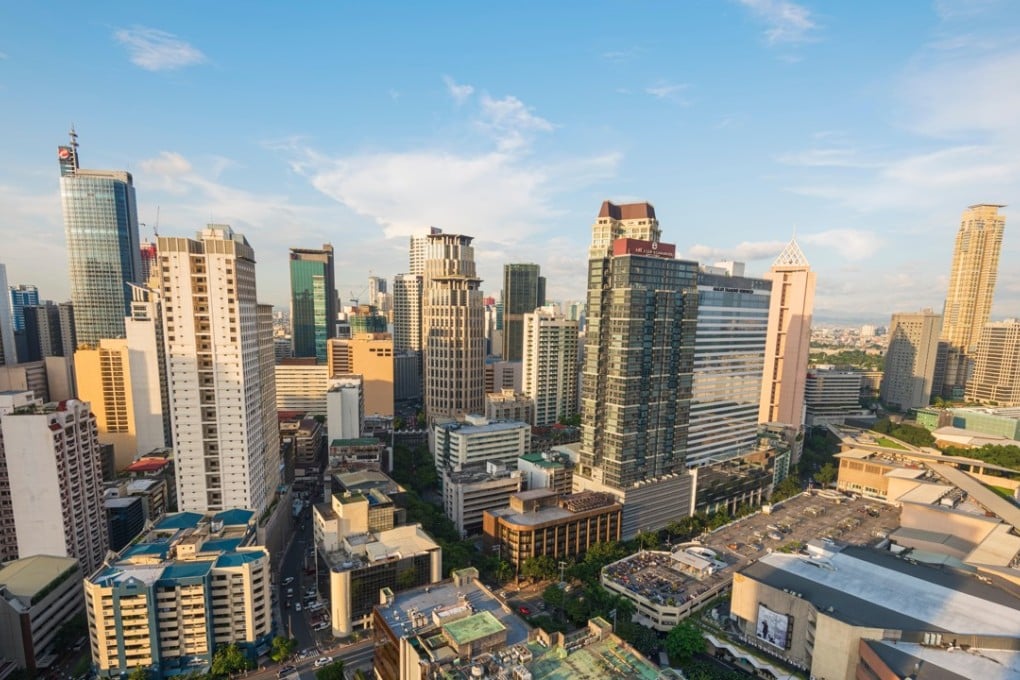Chinese investors turn to property markets in Southeast Asia, as western markets impose capital curbs
- Chinese investors make a strategy U-turn as markets such as Vancouver and London are no longer so welcoming

Cashed up Chinese homebuyers are shifting their attention to emerging markets in the search for property bargains, reflecting a strategy U-turn as traditional western markets have initiated foreign investment curbs.
The change comes after the introduction of various measures in New Zealand, Australia, Canada, and the UK aimed at curbing foreign inflows of capital, as a way to cool runaway property prices, analysts said.
The measures are boosting interest in Southeast Asian property markets, according to some analysts.
Home prices in western markets traditionally favoured by Chinese buyers have either declined or slowed to single-digit gains in the second quarter when compared to the year earlier period, according to the Global Property Guide.
New Zealand home prices rose 5.86 per cent on a nominal basis in the April-to-June period on year, little changed from a 5.8 per cent rise a year earlier, ahead of a measure that restricts foreign buyer purchases to newly-built flats. Over the prior decade, home prices on a national basis have risen 51.86 per cent.
The UK recorded a 2.19 per cent nominal increase in home prices in the second quarter on year, decelerating from a 2.81 per cent gain a year earlier. Over the past decade, nationwide UK home prices are up 18.08 per cent. The cooling coincides with growing consensus towards a foreign tax to curb the influx of foreign capital into the property market. British Prime Minister Theresa May announced in late September her cabinet was looking at imposing a 1 to 3 per cent tax on foreign homebuyers.